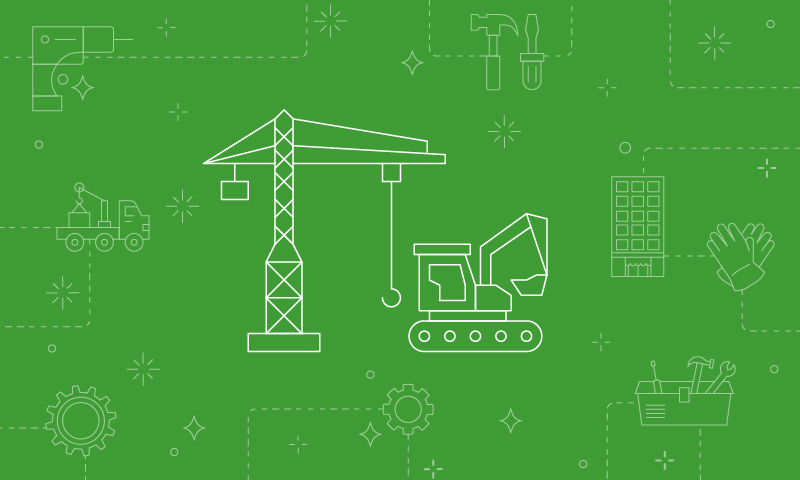19 April 2023
According to today’s House Price Index by the Office of National Statistics, UK average house prices have fallen for three months in a row and as of February 2023, are now sitting at £288,000 – £5,000 below their peak in November 2022 .
Stacy Eden, partner at leading audit, tax and consulting firm RSM UK, comments: ‘Property prices are falling with the cost-of-living crisis, inflation and significant rises in interest rates. Looking to the future, we would expect to see house prices to continue with a gentle downward trend underpinned by the chronic lack of supply. However, a peak-to-trough fall of close to 10% during 2023 and into 2024 is significant given the high levels of inflation, but it should be noted that house prices are still 20% higher than they were since the start of pandemic.
‘In addition, annual London house price growth (3%) was significantly below the national growth rate (approximately 5.5%), highlighting the recession is hitting house prices where they are even more unaffordable. Flat price growth is significantly lower than house price growth due to the demand for space which impacts not just London, but other cities across the UK.’
He added: ‘First-time buyers are really feeling the squeeze despite house prices falling. The house price to earnings ratio is still at an unsustainable level which is making property unaffordable particularly with high rises in interest rates and of course very significant rental growth which is impacting first-time buyers saving for a deposit.
‘As the government looks for supply side reforms to revitalise the UK economy, then resolving the supply and demand equation (through planning reforms) seems to be an obvious place to start. However, the government seems to be unable to deal with the chronic lack of houses as seen in its scrapping of local targets. As such, reforming SDLT could be a way to encourage more liquidity in the market.’








